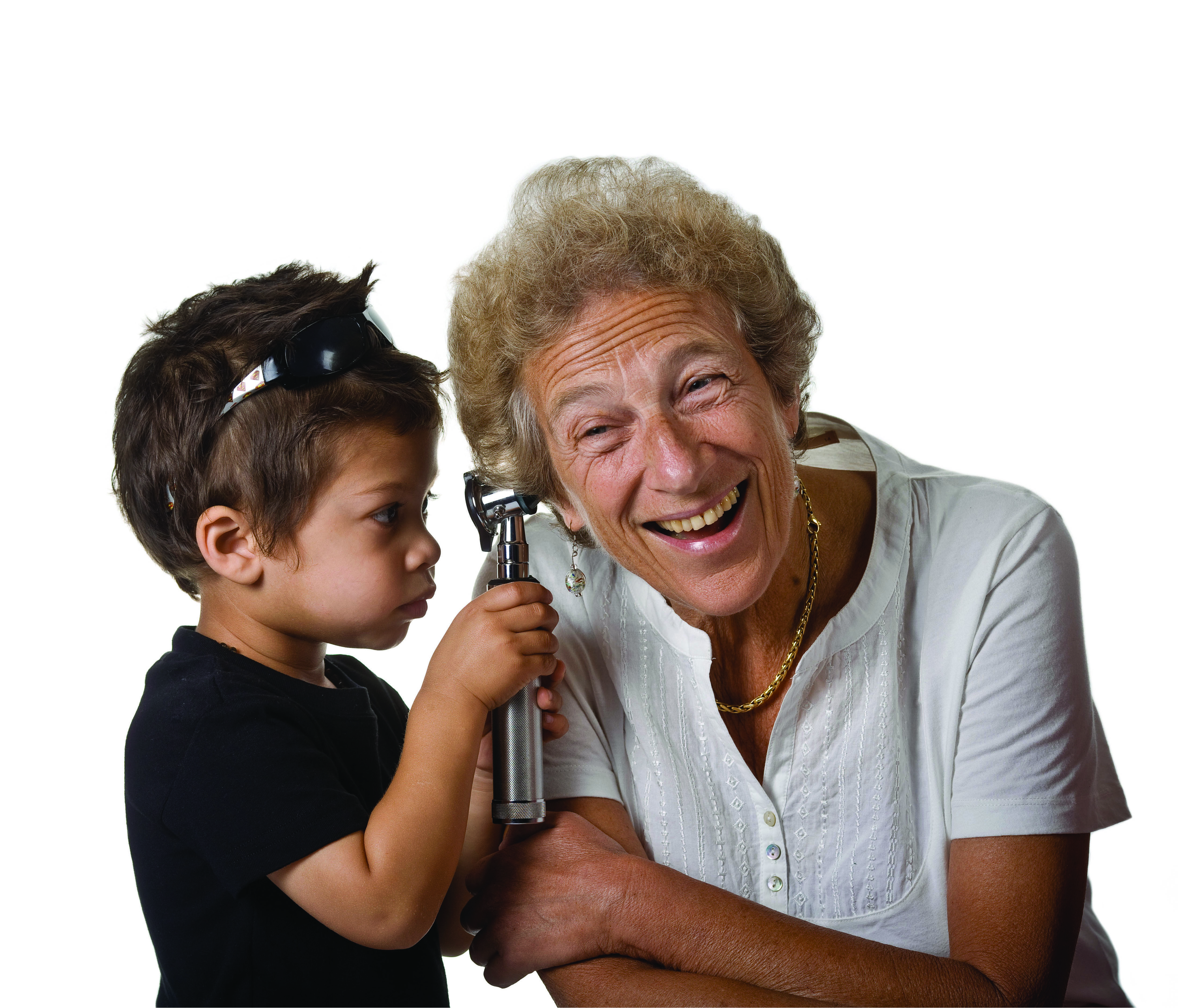Search
Research
High burden of infectious disease and antibiotic use in early life in Australian Aboriginal communitiesEarly life infections drive high antibiotic prescribing rates in remote Aboriginal communities
Research
Forest cover and climate as potential drivers for dengue fever in Sumatra and Kalimantan 2006–2016: a spatiotemporal analysisDengue fever in Sumatra and Kalimantan was highly seasonal and associated with climate factors and deforestation
Research
Indirect effects of the COVID-19 pandemic on malaria intervention coverage, morbidity, and mortality in Africa: a geospatial modelling analysisSubstantial progress has been made in reducing the burden of malaria in Africa since 2000, but those gains could be jeopardised if the COVID-19 pandemic affects the availability of key malaria control interventions. The aim of this study was to evaluate plausible effects on malaria incidence and mortality under different levels of disruption to malaria control.
Research
An observational study of antibody responses to a primary or subsequent pertussis booster vaccination in Australian healthcare workersAdult pertussis vaccination is increasingly recommended to control pertussis in the community. However, there is little data on the duration and kinetics of immunity to pertussis boosters in adults. We compared IgG responses to vaccination with a tetanus, low-dose diphtheria, low-dose acellular pertussis (Tdap) booster at 1 week, 1 month and 1 year post-vaccination in whole-cell (wP)-primed Australian paediatric healthcare workers who had received an adult Tdap booster 5-12 years previously, to those who received their first Tdap booster. Tdap vaccination was well tolerated in both groups.
Research
An observational study of antibody responses to a primary or subsequent pertussis booster vaccination in Australian healthcare workersAdult pertussis vaccination is increasingly recommended to control pertussis in the community. However, there is little data on the duration and kinetics of immunity to pertussis boosters in adults. We compared IgG responses to vaccination with a tetanus, low-dose diphtheria, low-dose acellular pertussis (Tdap) booster at 1 week, 1 month and 1 year post-vaccination in whole-cell (wP)-primed Australian paediatric healthcare workers who had received an adult Tdap booster 5-12 years previously, to those who received their first Tdap booster.
Research
Financial Interventions to Increase Vaccine CoverageRecent vaccine mandates in Australia, as in other high income settings, have sought to change the behavior of parents, including those who would otherwise access nonmedical exemptions. Since 2014, Australian state governments have introduced and progressively tightened policies restricting the access of unvaccinated children to early education and child care.
Research
Maternal HIV infection alters antimicrobial immunity in exposed and uninfected infantsImplementation of lifelong ART of all HIV-infected women has the potential to improve maternal determinants of protective immunity in the young infant
Research
Prevalence of group A Streptococcal infection in Africa to inform GAS vaccines for rheumatic heart disease: A systematic review and meta-analysisThe prevalence of group A streptococcal disease remains high among symptomatic individuals residing in Africa
Research
Vaccination strategies to enhance immunity in neonatesProtection may be further improved by integrating these approaches, namely vaccinating the neonate under the cover of vertically transferred maternal immunity

News & Events
Deborah Lehmann Research Award OpportunityThe Deborah Lehmann Research Award in Paediatric Infectious Disease Research is a funding mechanism to support the training and development of early- to mid-career researchers (EMCR) or Higher Degree by Research (HDR) students who are nationals from the Pacific Region working in or outside their hom
